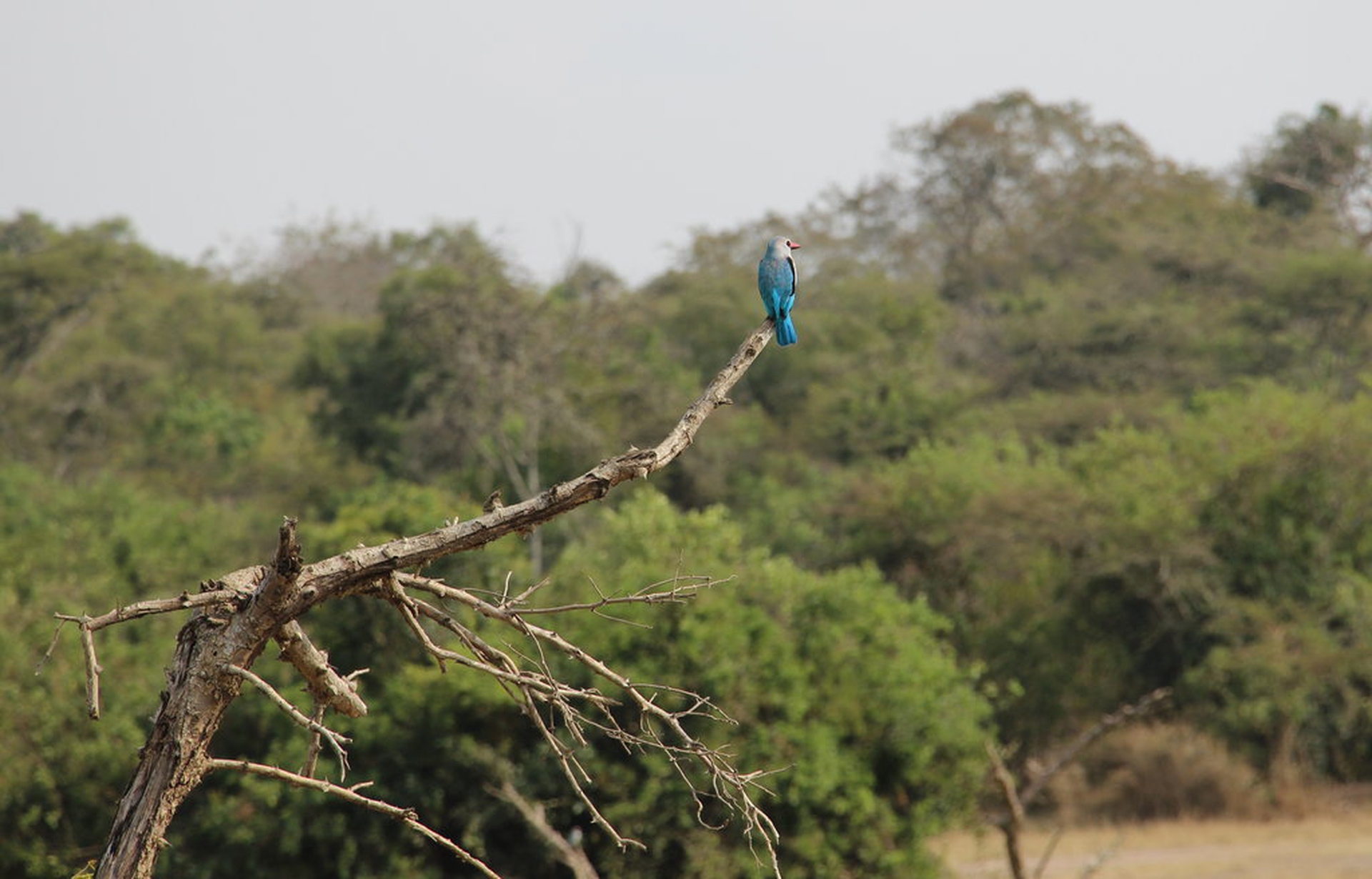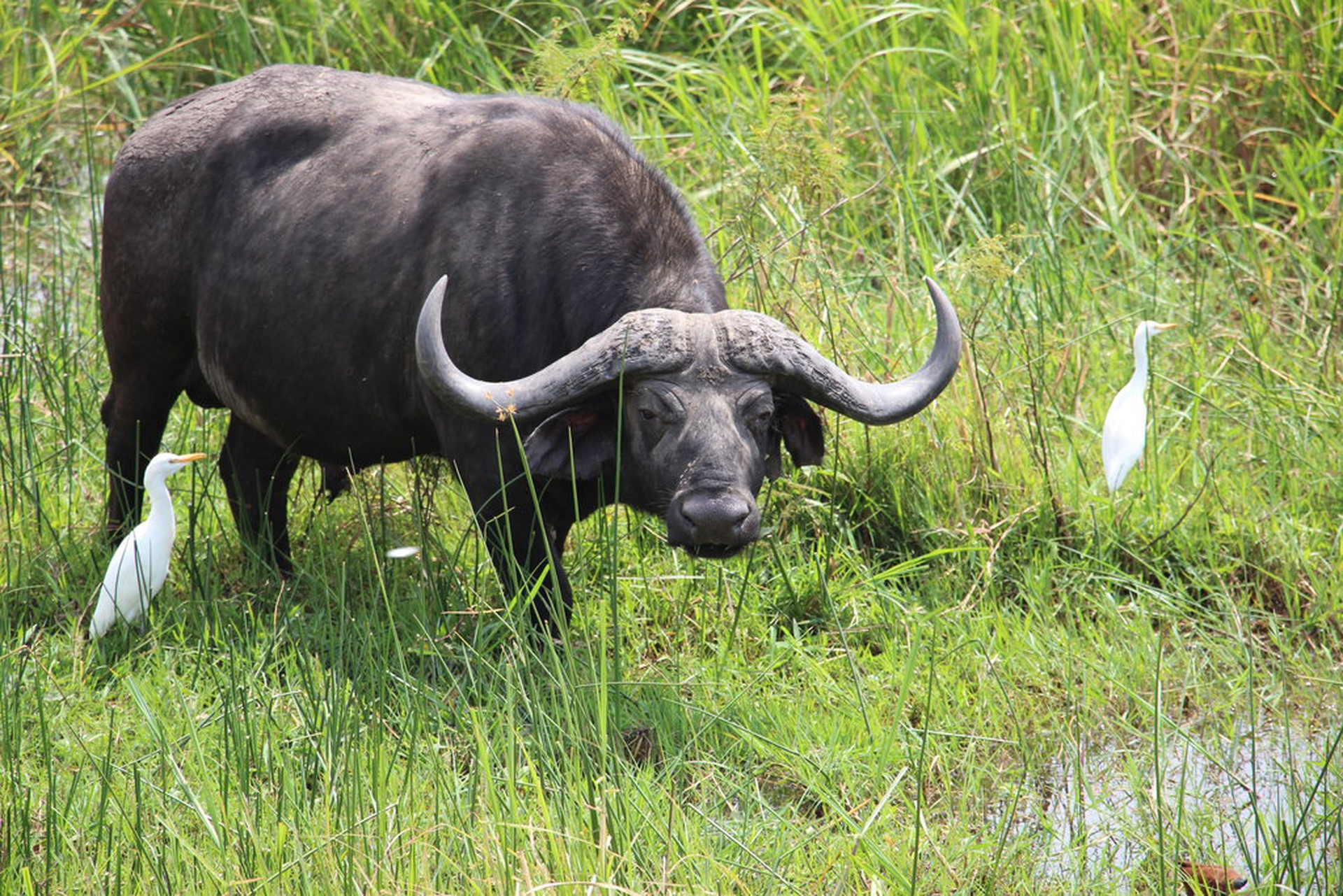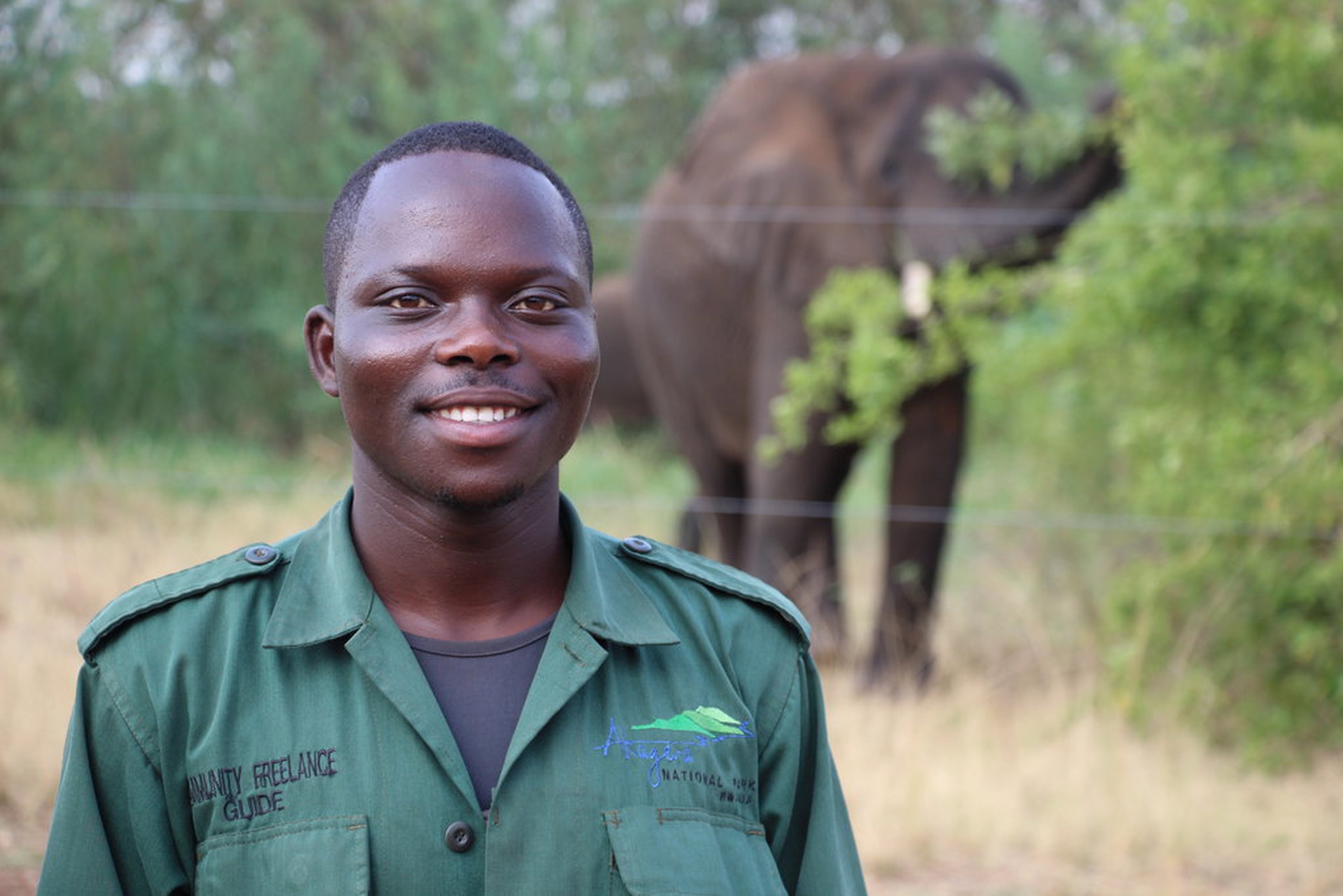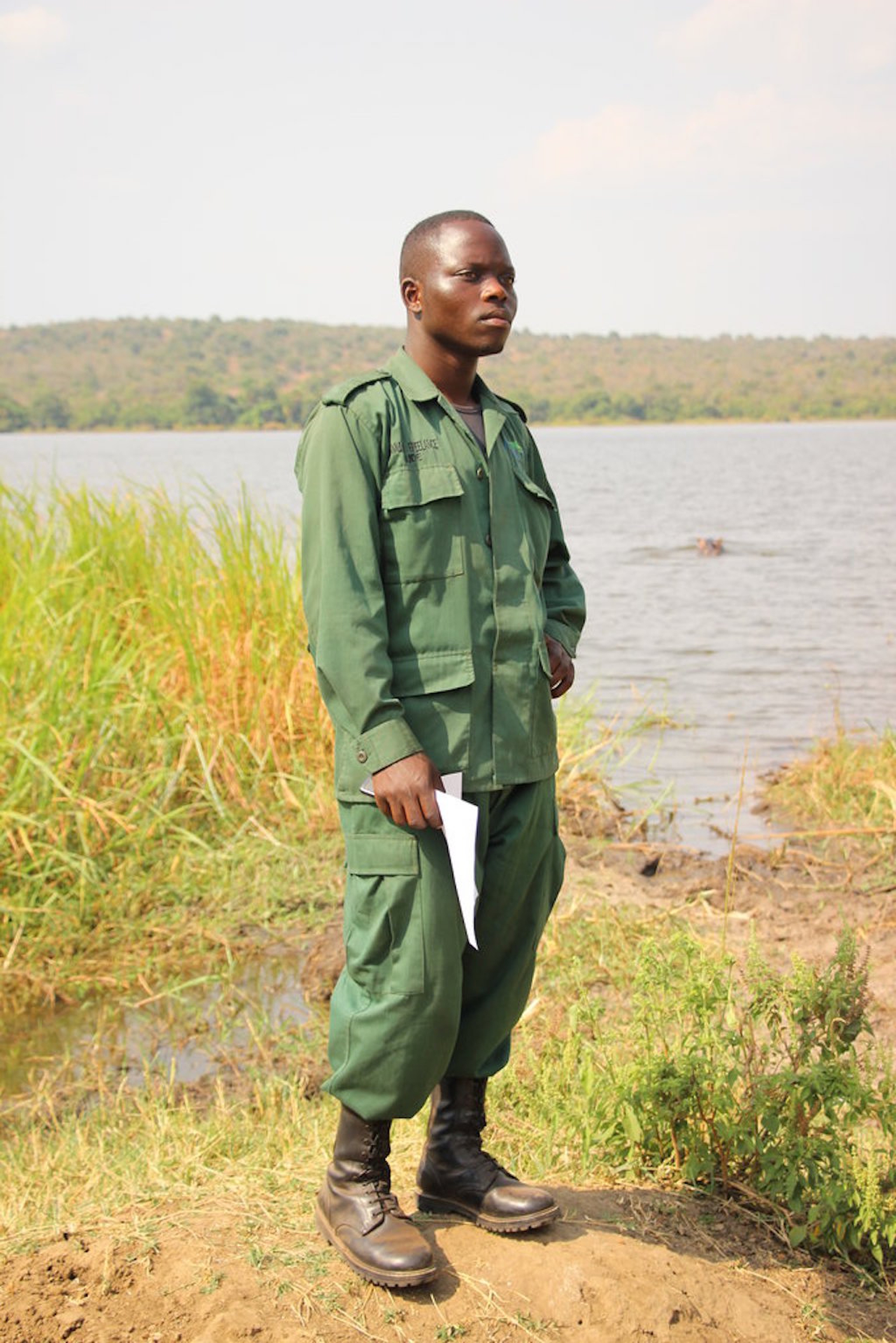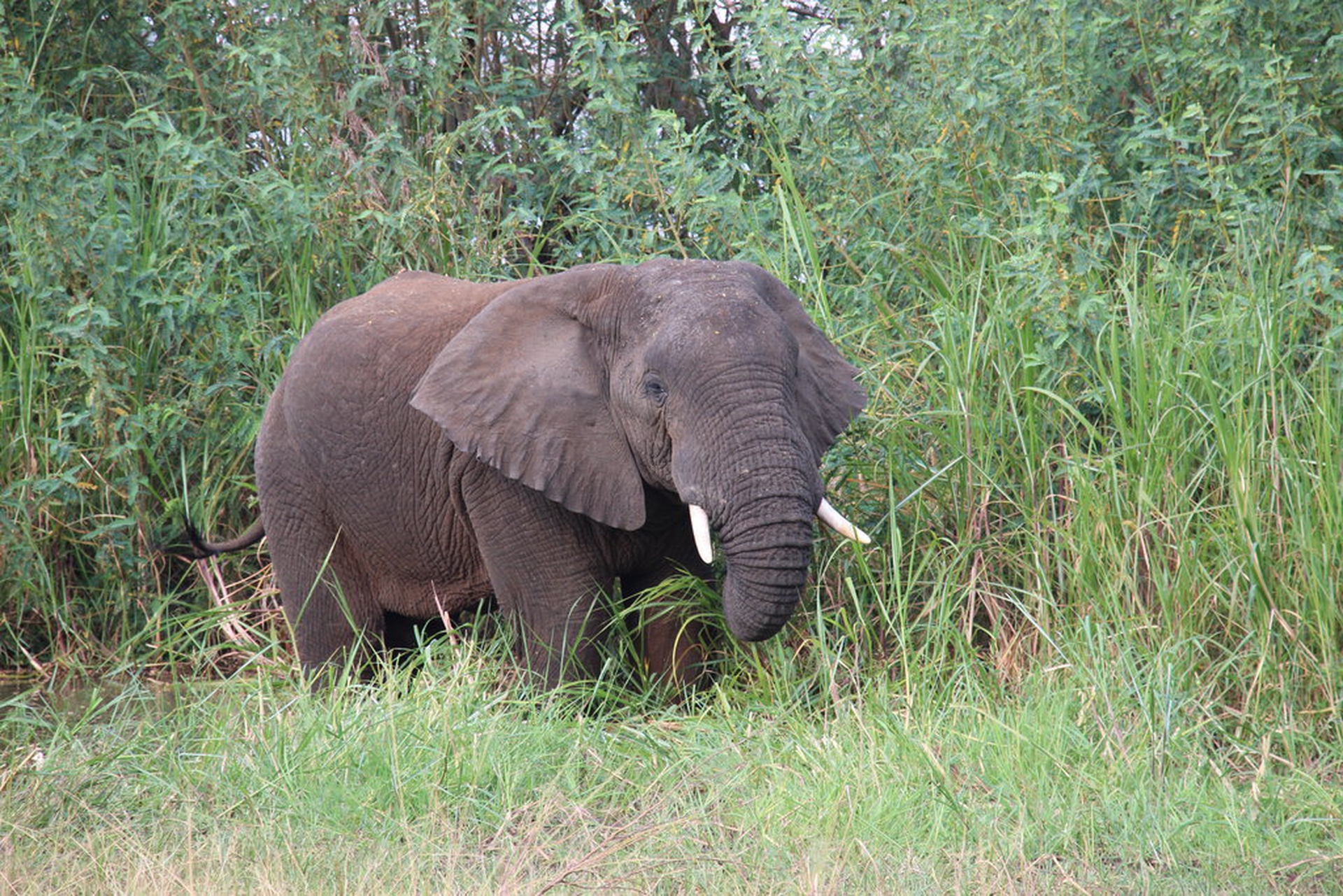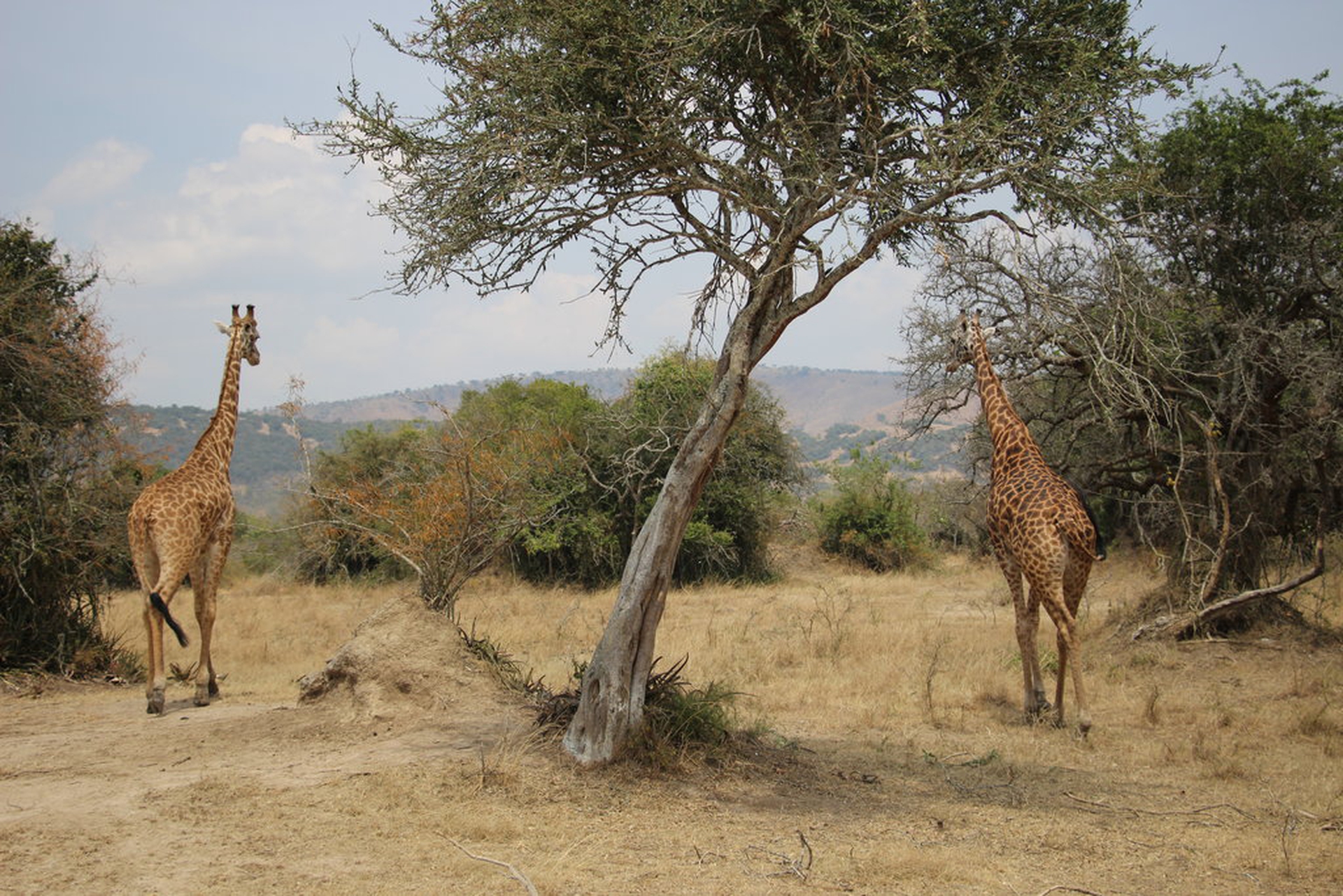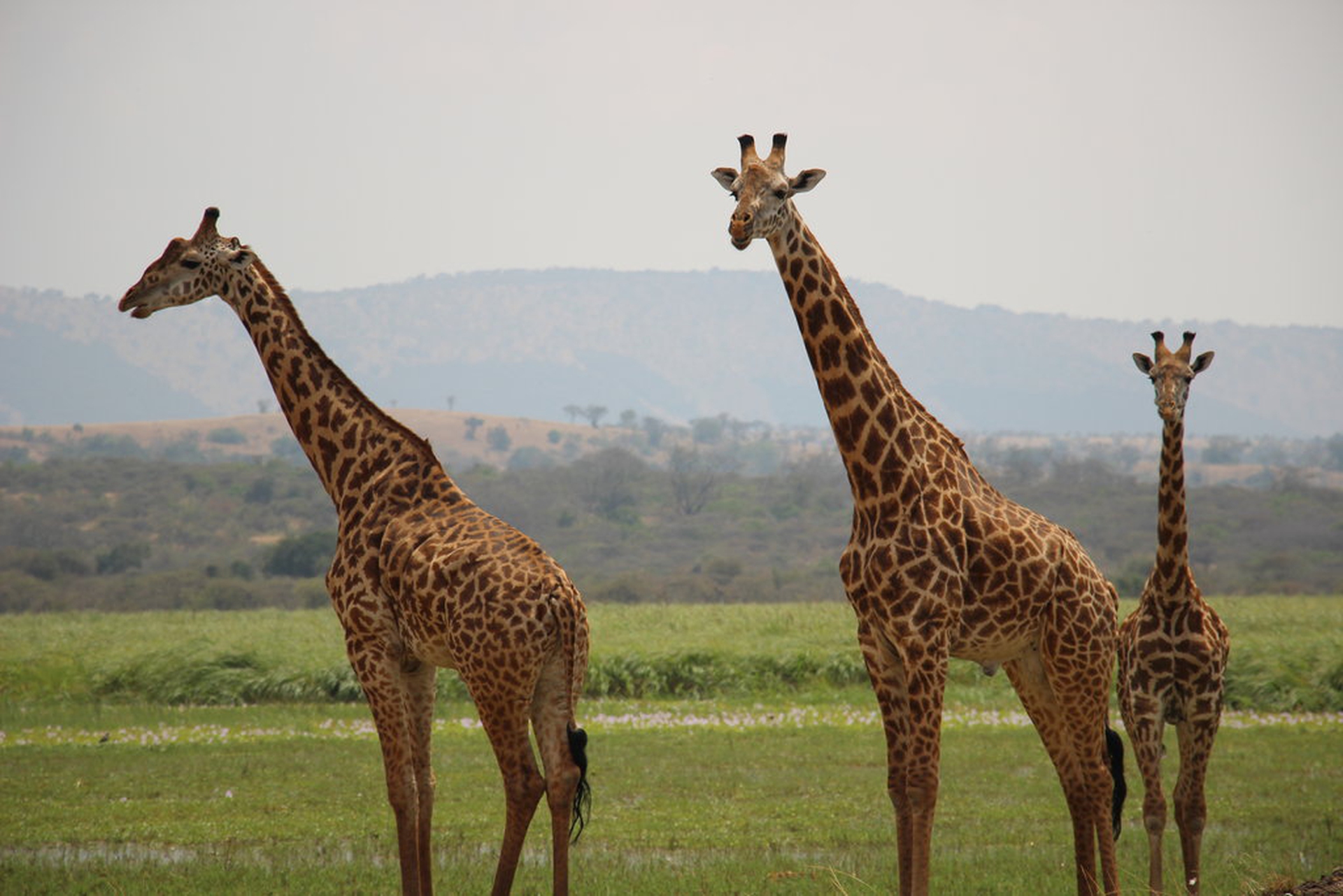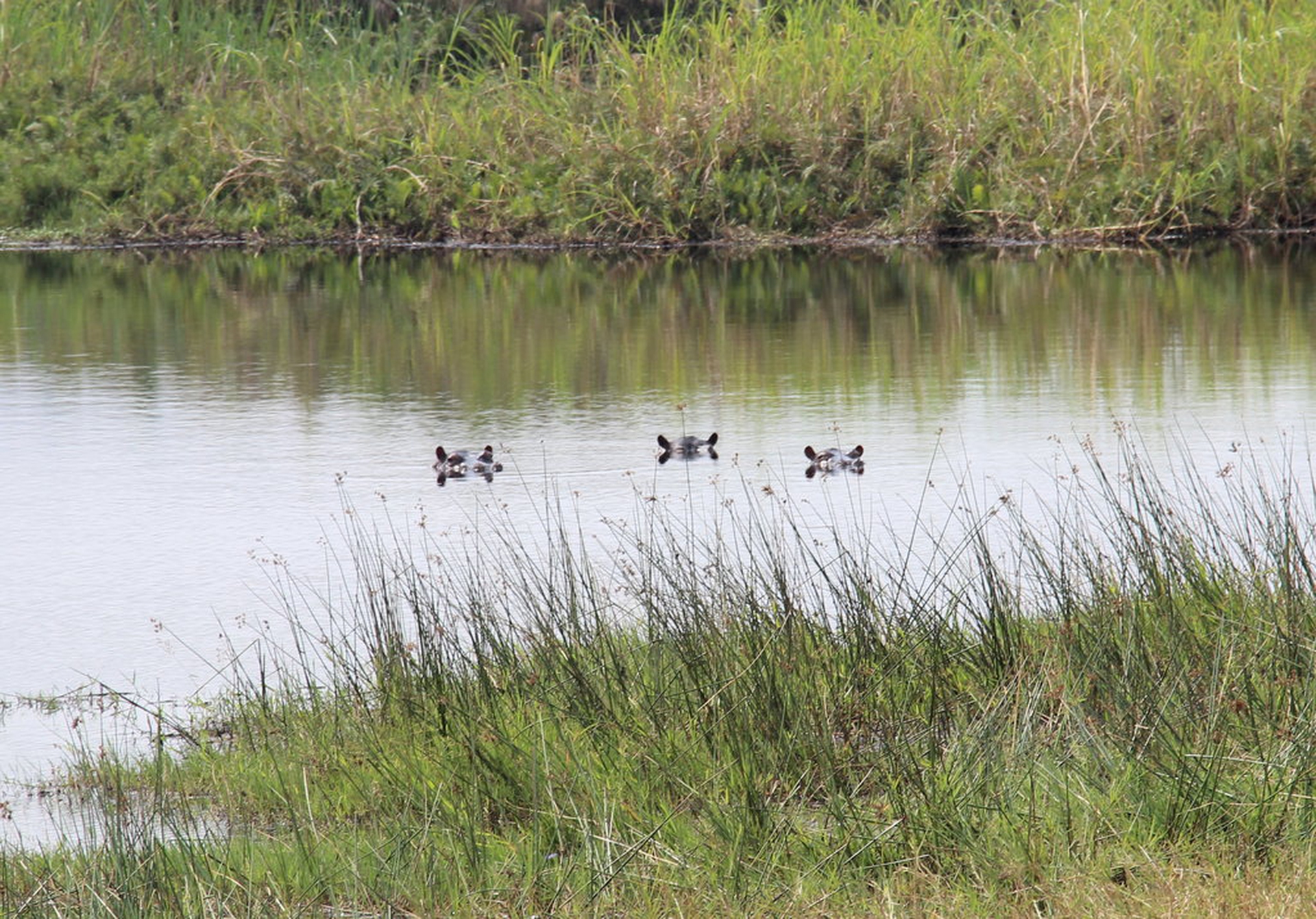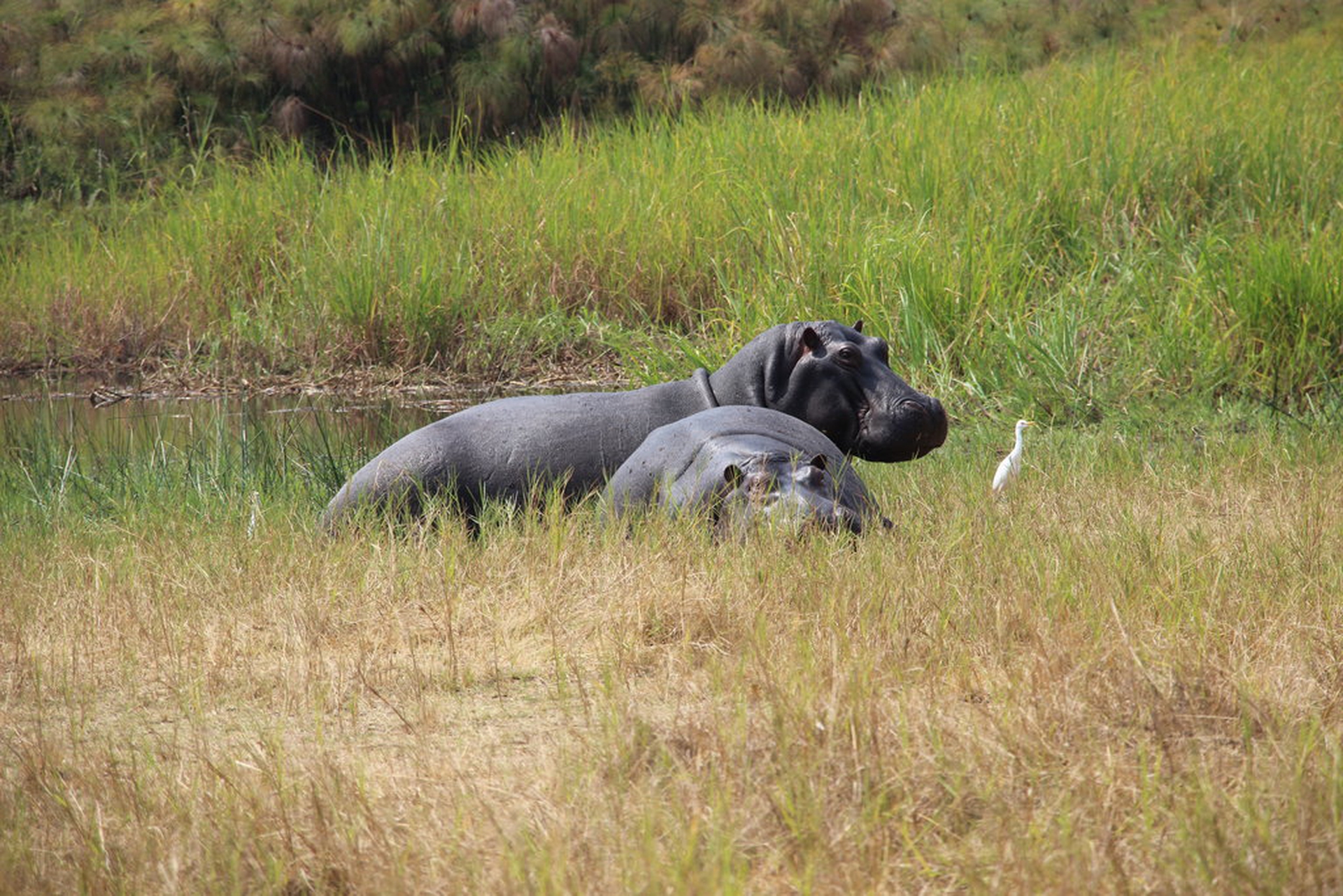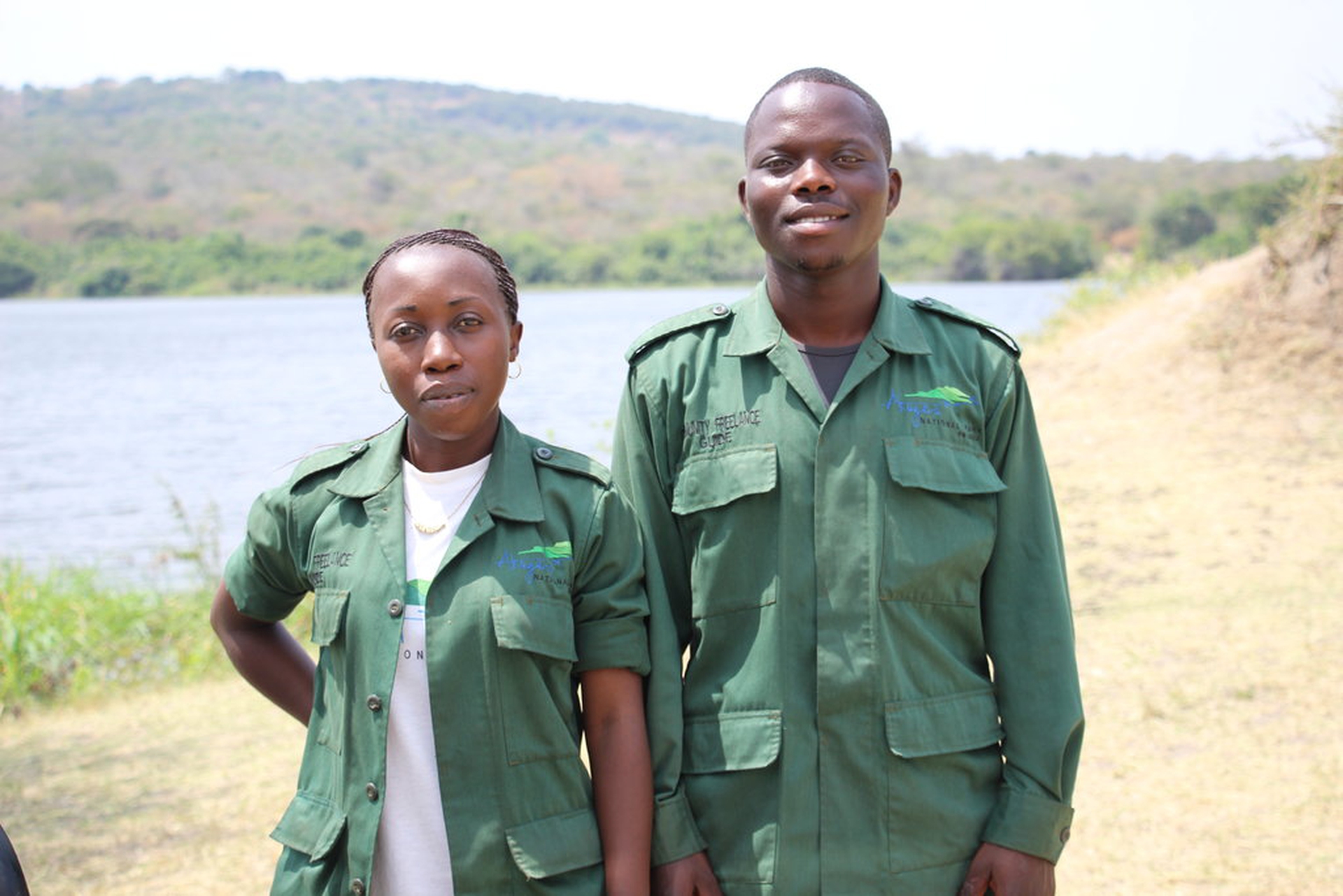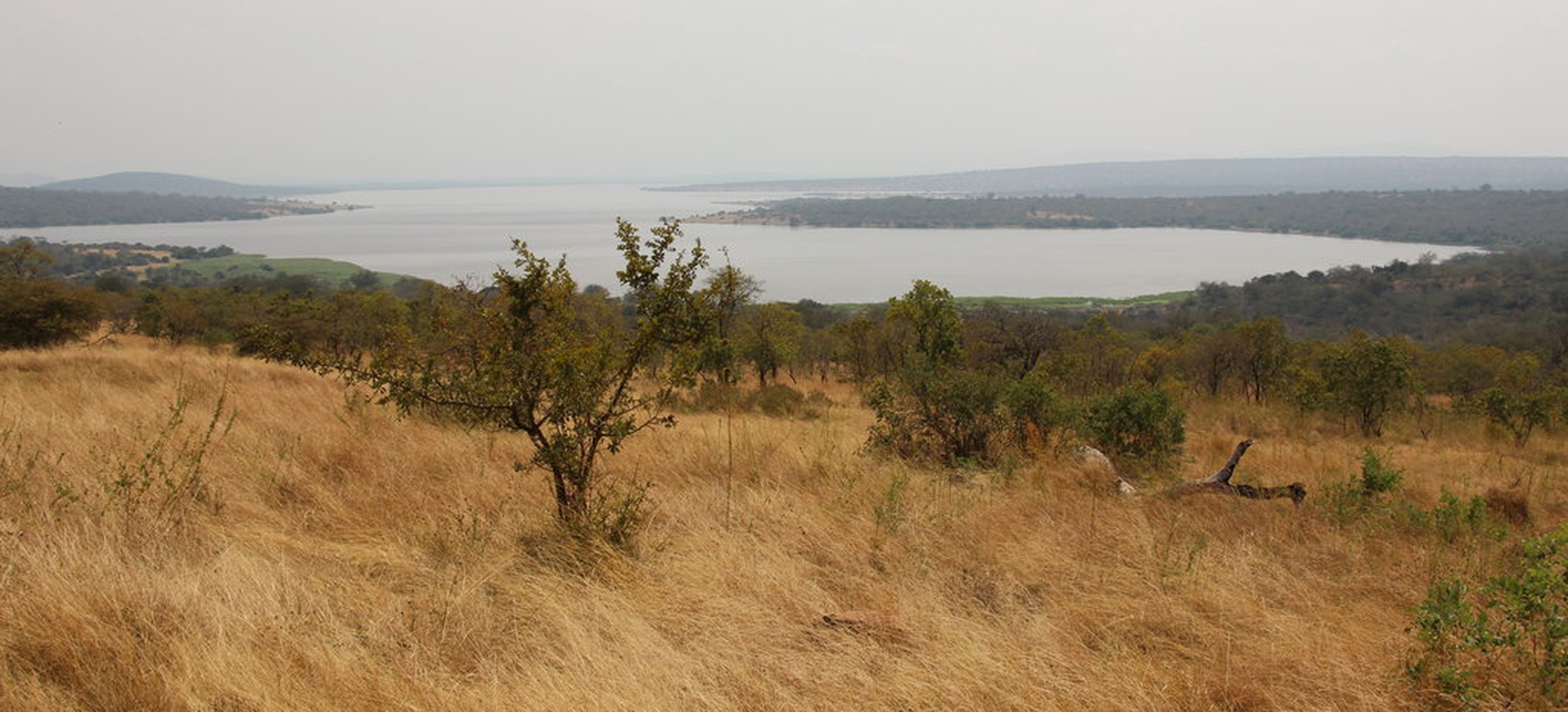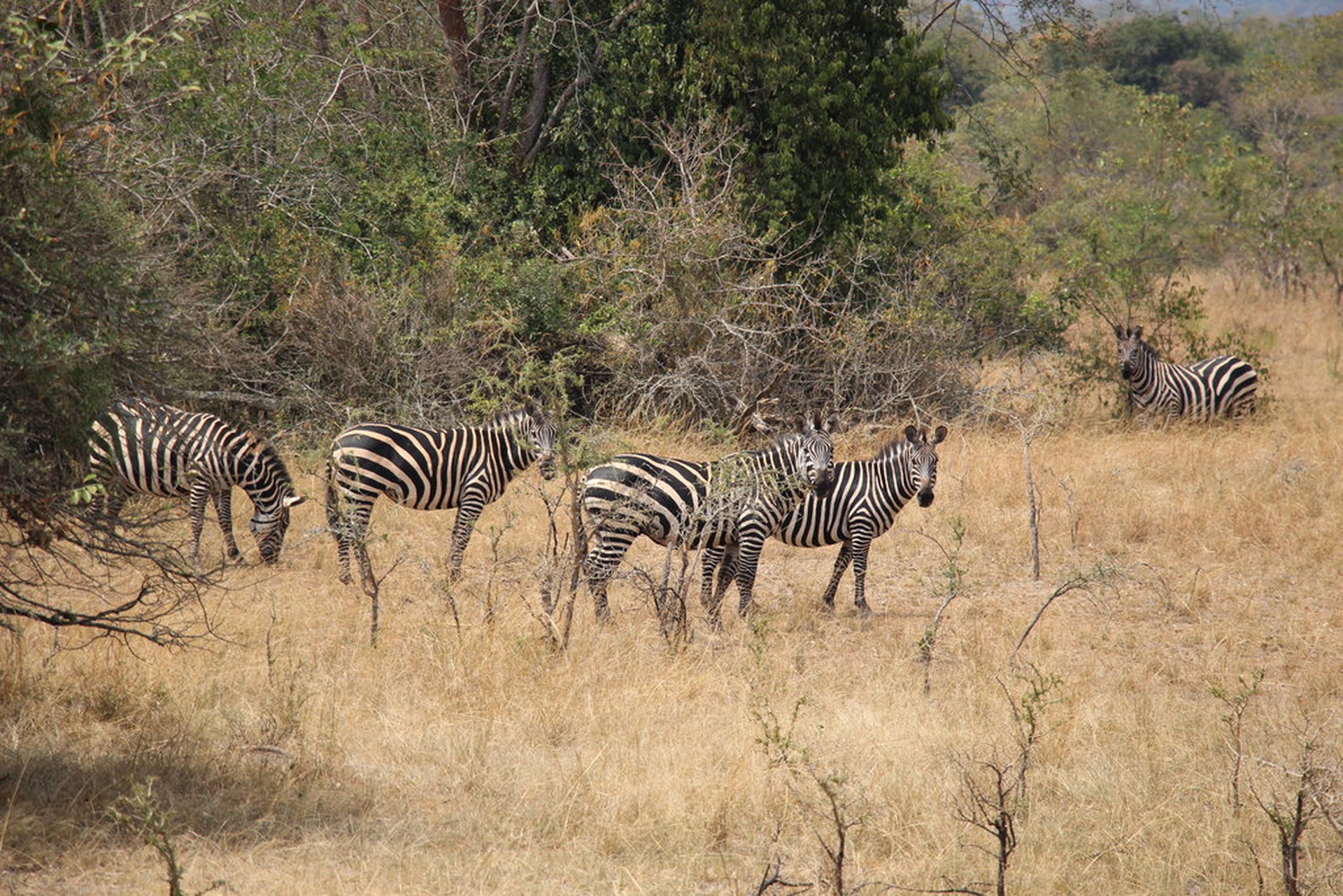The lions are back in Akagera National Park, a stunning 112,000 hectare park in the East of Rwanda. It is only a matter of time before the number of tourists visiting the reserve increases drastically: to the delight of community freelance guides. Realising that park guides were few in number, Akagera’s management team launched a
The lions are back in Akagera National Park, a stunning 112,000 hectare park in the East of Rwanda. It is only a matter of time before the number of tourists visiting the reserve increases drastically: to the delight of community freelance guides.
Realising that park guides were few in number, Akagera’s management team launched a new initiative to recruit extra staff in April 2014. They sent out a call to the residents of bordering villages, offering professional training programmes for them to become community freelance guides, which means accompanying visitors on safari game drives for $30 a day.
Understanding that their strength lay in numbers, the guides then formed their own cooperative with a mission to help the poor. Daniel Nishimwe, chairman of the Community Freelance Guides explains their first project:
“Since April 2015, we have been in the process of building a house for a family of refugees returning from Tanzania”.
He also explains how their cooperative operates efficiently and democratically:
“First, we all come together and look at what the needs in our communities are, then we calculate the budget that will be needed to implement humanitarian projects based on those needs. Finally, after reaching a consensus, we deduce the costs equally from our respective salaries”.
Their second project took place in May 2015. Together, Community Freelance Guides raised 120,000 Rwandan Francs ($175) to offer financial assistance to survivors of the Rwandan genocide, which took place in 1994.
The chairman has high hopes for their future as a cooperative:
“We plan to start community tourism activities soon taking the tourists to our villages, showing them traditional ways of life. But before that we would like to organise fence walking tours in buffer zones. We will organise walking trails of about 12 kilometres. Visitors will be able to see local farms bordering the park, learn about crops and see animals too”.
![sunset]()
The Community Freelance Guides offer professional guiding services at a time when demand for them is increasing. They also gain financially from growing tourism at Akagera National Park, using their position to engage community members in conservation efforts and help refugees and genocide survivors returning to their villages. Yet another initiative showing Africa’s resourcefulness. Let’s share these success stories through #TheAfricaTheMediaNeverShowsYou, the hashtag created by young Africans to celebrate the creativity, innovation and beauty of their continent.
Siamo anche su WhatsApp.
Segui il canale ufficiale LifeGate per restare aggiornata, aggiornato sulle ultime notizie e sulle nostre attività.

Quest'opera è distribuita con Licenza Creative Commons Attribuzione - Non commerciale - Non opere derivate 4.0 Internazionale.













